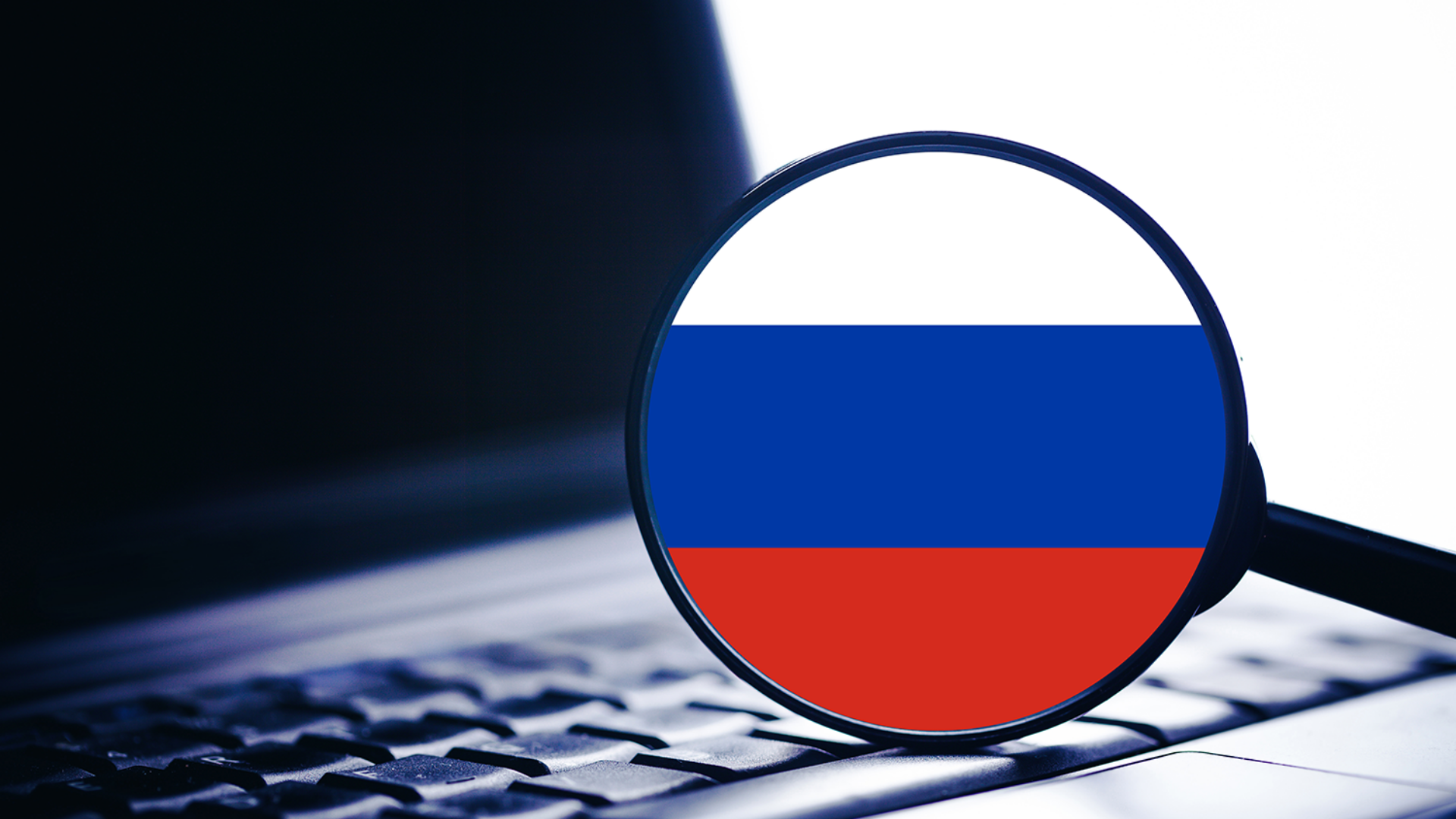Topic(s)
Security
Author(s)
To read this article and get more critically important news and information, check out our other security-focused posts and subscribe to Providence Business News on their website, www.pbn.com
Believe me, I get it. You’re running a business, not a nation-state government. Why should business leaders care about these “in the shadows” Russian hacking groups that we see in the news?
Russia is a heavyweight cyberthreat. They are a top-tier adversary with the resources and fortitude to punch way above their weight. Russia is constantly redefining the digital battlefield, and they’re really good at it.
So many business leaders today are lulled into a false sense of security and believe that their company is too small or too insignificant to warrant the attention of sophisticated, state-backed cyberthreats. Unfortunately, that all-too-typical mindset is dangerous, and it’s leaving so many smaller businesses wide open to crippling cyberattacks. It can be disastrous.
Let’s break it down. These Russian nation-state threats aren’t playing by the same old rules of days gone by. They’re casting a wider net than ever and your business, regardless of size, with no question is on their radar. Ignoring this risk in your strategic planning isn’t just a gamble, it’s a guaranteed loss. The days of “it won’t happen to me” positions are gone and it’s time to face the harsh reality. Your business is a target, and you’d better start acting like it.
These Russian hackers aren’t basement-dwelling kids. They’re highly organized, well-funded criminal syndicates, and they’ve got the backing of a major world power. They’re not simply looking for easy targets; they are looking for any target that can give them an advantage. They want to breach your systems, steal your data, throw a wrench in your operations and make you doubt everything. Your business, with its valuable data, its critical systems and connections to larger networks, is a prime target.
These threat actors are going after the supply chain, the smaller businesses, with less focus and tiny budgets for cybersecurity, that feed into the larger ones. They know that a weak link in the supply chain can have effects on a larger scale, and they’re getting extremely creative.
They are morphing faster than a virus, and organizations such as the Cybersecurity and Infrastructure Security Agency – or CISA – and Microsoft Corp. are screaming about it. Threat groups such as one called Star Blizzard are ditching the usual malware for sneaky tricks such as hijacking WhatsApp accounts to launch phishing attacks, fooling even the most cautious users. They’re exploiting vulnerabilities in widely used manufacturers, and they’re even targeting secure messaging apps such as Signal. The GRU Unit 29155, known for its extremely aggressive tactics and techniques, continues to target NATO members and other nations, flexing its global reach. These Russian nation-state threat actors are after data, any data. Your customer data, your financial data, your intellectual property – it’s all valuable to them. They can use it for espionage, for financial gain or just to cause chaos.
...every organization needs to lose the “it won’t happen to me” mentality. Your business is in the game now, whether you like it or not.
-JASON ALBUQUERQUE
So how do we protect our organizations from these sophisticated threats? First and foremost, every organization needs to lose the “it won’t happen to me” mentality. Your business is in the game now, whether you like it or not.
Businesses need to get smart with their defenses. Your basic antivirus software isn’t going to cut it. You need to have visibility into your technical risks and have remediation strategies to continuously close that gap. “Zero trust” must be your new mantra in managing cyber risk. Trust nothing, verify everything. That’s the only way to stay safe in this environment. Know your data estate and lock it down. Encrypt everything, control access with privilege strategies, and build resilience approaches to ensure business continuity. Treat your data like it’s the crown jewel of your business because it is.
Leveraging modern tools and technologies such as advanced endpoint detection and response systems, threat detection systems and a team that knows how to use them. Organizations must vet their third-party vendors. Your suppliers and vendors are a weak point. So, test them to make sure that they’re taking security seriously.
Build muscle memory and practice incident responses to cyber incidents. When, not if, you get hit with a cyberattack, it should not be the first time that you exercise your incident response plan. At the height of an attack, you need to know what to do. Have a plan, practice it, and make sure everyone knows their role.
Bring in experts to use their resources, share information, and work together. Get outside professionals to audit your systems and find the holes. Cybersecurity professionals and government agencies such as CISA and the FBI are all there to help.
This isn’t a game. It’s a cyber war, and your business is on the front lines. As business leaders, let’s get serious about securing our businesses from these sophisticated nation-state threat actors.

